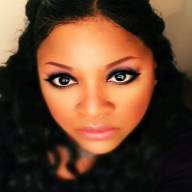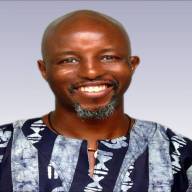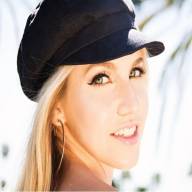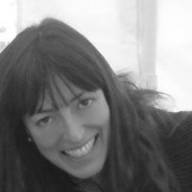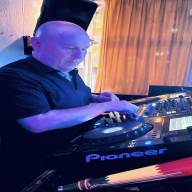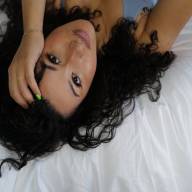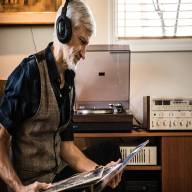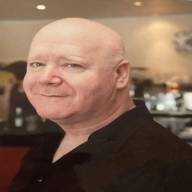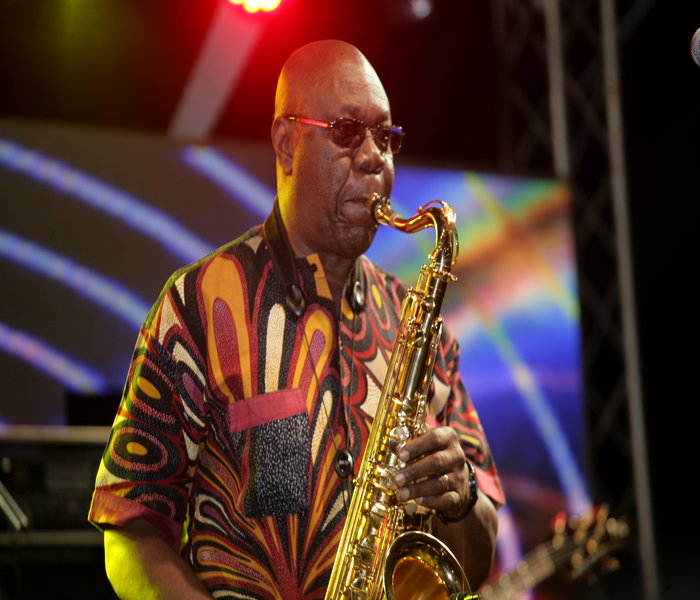
Soul Makossa star - Manu Dibango dies at the age of 86 years
Many music fans around the world were shocked and saddened to learn that Manu Dibango.
The Cameroonian musician famed for his mix of jazz, funk, and the playing of West African music, has died at the age of 86 years old within a Paris health center after contracting Covid-19.
A message left on Manu Dibango's official Facebook page confirmed the news.
Please read below...
Dear family, dear friends, dear fans,
A voice raises from far away…
It is with deep sadness that we announce to you the loss of Manu Dibango, our Papy Groove, who passed away on 24th of March 2020, at 86 years old, further to Covid 19.
His funeral service will be held in strict privacy and a tribute to his memory will be organized when possible.
If you wish to express your condolences, please write to the following email:
It comes as a shock to the world. As the world wasn’t expecting such a high-profile music legend, to die in this atmosphere of panic and worry in regard to the Coronavirus crisis of 2020.
Manu Dibango was born within a musical family, in a Cameroon home in 1933. His parents came from 2 rival ethnic groups in the country.
For instance, his mother was a Duala, also spelled Douala, (Bantu-speaking people of the forest region of southern Cameroon living on the Estuary of the Wouri River).
His Father was a Yabassi; which is a town and commune in western Cameroon, and the capital of the Nkam department. Due to its dense forest, Yabassi is being exploited by loggers, mostly Asian companies.
Dibango, musical talents were evident from early on, as his singing at the local church, alerted his mother was a choir leader.
In 1949, when he reached the age of 15 years old, Dibango was sent to school in France. After completing high school at Saint-Calais and Chartres.
He went on to further studies in Relmis (North-Eastern France) and then studying in Paris.
He decided to take up classical piano lessons at the age of 17 and in a few years later he took up the instrument of the Saxophone, having been mesmerized by it via artists of the like of Duke Ellington, Sidney Bechet, Louis Armstrong, and other jazz artists.
Progressing on both instruments he joined a Jazz Band which included the noted and respected Cameroonian Guitarist and Composer known as Francis Beby

Soon Dibango became a recognized noise within the local jazz circuit there.
As he gained more experience with the band, Dibango decided to move to Belgium, where he not only learned to play the “Vibraphone" but also expanded his musical skills to incorporate and include various other Western African musical forms as well.
Notably the music of Makossa – music that is to be found in the ethnic genre of Douala.
It dawned on him that he could be the one to try and fuse the sound of American Jazz with popular African traditions.
In 1960, Dibango toured with an African Jazz band led by the Congolese musician known as Joseph Kabasele, who shared his love of fusing music as much as Dibango had.
After this tour, Dibango followed Kabasele back to the Democratic Republic of the Congo, where he remained with the band until at least 1963.

Then Dibango moved back to Cameroon. It was there that he established his own band and continue to broaden his own knowledge of African regional musical styles even further.
Dibango returned back to the City of Paris, France in 1965. He supported himself as a studio musician, playing with and backing many African American and African artists at the time.
This was at the time that Europe was really feeling the love of “Soul Music”.
Dibango continued to continue with his love of experimenting and fusing music.
This fusion led him to experiment with a music single on the B-SIDE called “Soul Makossa”.
He had been commissioned to write a song for the African Cup of Nations, a Soccer match (1972).
The B-SIDE of that single known as “Soul Makossa” (which was a mixture of Jazz, Makossa, and Soul music) was to be the turning point of his whole career.
Although the single was popular in Europe, at the time.
It was when the record reached New York, USA, and was discovered there by David Mancuso, who was the first and most notable Dj to drop this tune at his "Loft Parties" in New York.
Billboard Magazine at that time stated Dibango’s single was so hot. It was going for up to $3 apiece (at a time when a 7-inch cost less than a dollar).
The record was so hot that it was counterfeited, with the Brooklyn D.A. busting two shops for selling unauthorized copies
News soon got around, and soon even the great Frankie Crocker of WBLS-FM Radio was searching hard for a copy of the radio to play on his radio show.
Once he got a copy. He played it for all its worth and was a massive hit in the city of New York, USA.
Manu Dibango due to the popularity of the single was invited to join the group known as the Fania All-Stars at a sold-out 1973 concert at Yankee Stadium in the Bronx, New York, USA.
This concert was then recorded into a best-selling album and carried the myth of “Makossa” into Caribbean corners. (A thank you to - JUAN PENA -

Here is a little clip of the concert which features - Manu Dibango and his band at a concert (1973). Please see below.
Excerpt from the 1973 film "Salsa", directed by León Gast and Jerry Masucci. Recorded at the Roberto Clemente Coliseum in San Juan, Puerto Rico. Composition by Manu Dibango and arrangements by Bobby Valentín.
Here below is the poster of the film called "Salsa" which also featured Manu Dibango, as well as a number of other musicians - made in 1973 (supplied to me via the help of - JUAN PENA -

“Soul Makossa” took the USA by storm. The song was used as a sample within the Michael Jackson hit a decade later called “Do you wanna be starting something” (1982)

It also featured heavily in the Rihanna music hit of 2007 – “Don’t Stop the Music”. Dibango had enough of this and decided to take both of them to the courts in 2009 for use of the sample in both songs.
Dibango continued to make music right into the later stages of his career which allowed him to work with artists of the caliber of - Fela Kuti, Herbie Hancock, Hugh Masekela, and many others. His music was sampled by multiple artists.
In fact, he released his final album in 2013 called, "Balade En Saxo”.
A funeral service for Manu Dibango will be “held in strict privacy” followed by a short tribute it was announced Tuesday (24TH March 2020) “when possible,” the announcement stated.
Funerals within France have been limited to 20 people at a time in regard to the Coronavirus crisis. In order to try to slow the spread of COVID-19.
PLEASE GO BACK AND READ ABOUT A EARLIER ARTICLE THAT I WROTE ABOUT MANU DIBANGO IN 2015. CLICK ON THE LINK BELOW.
Well, that's all folks for me now anyway.
Please
Dj Mistri and the Electric Soul Show © www.electricsoulshow.com

